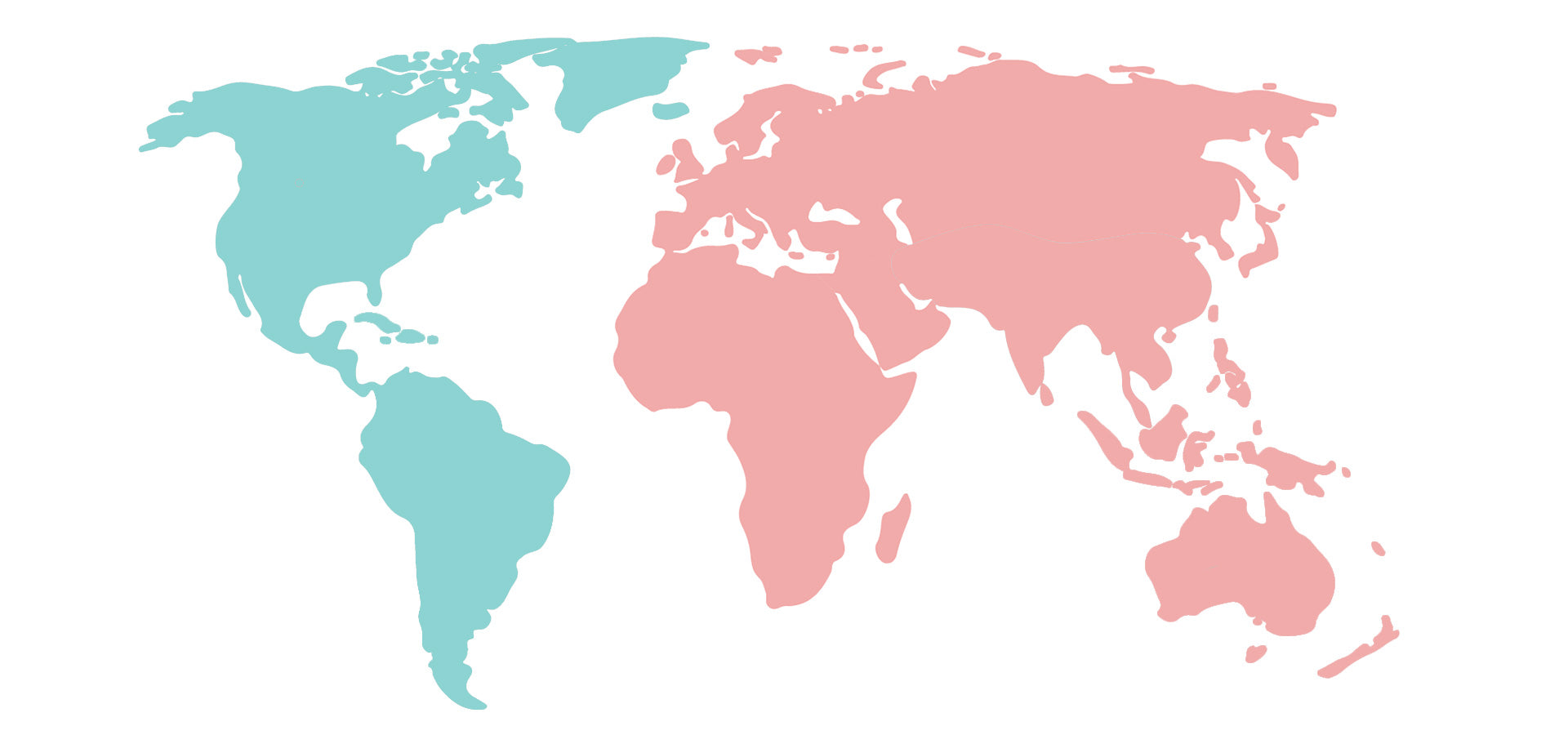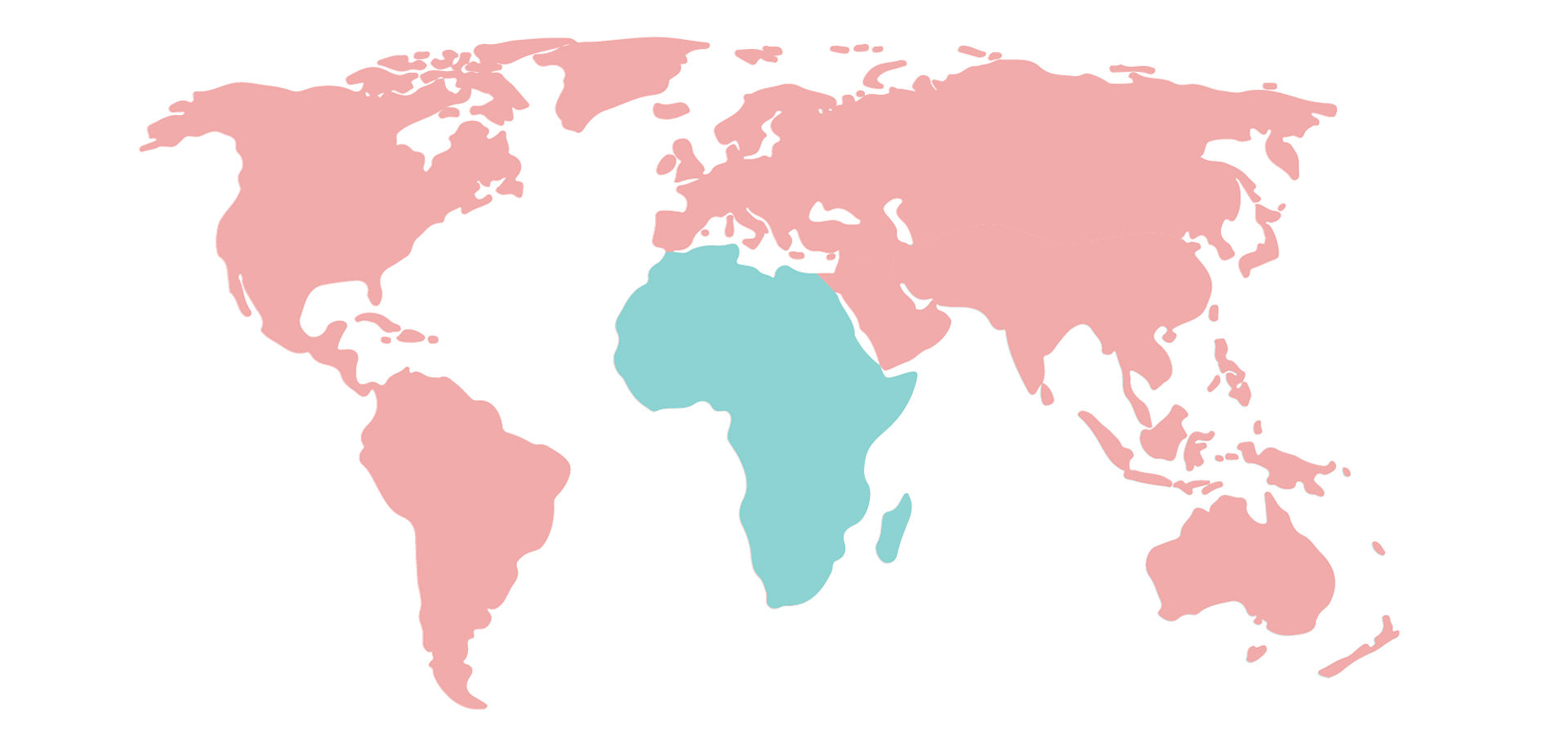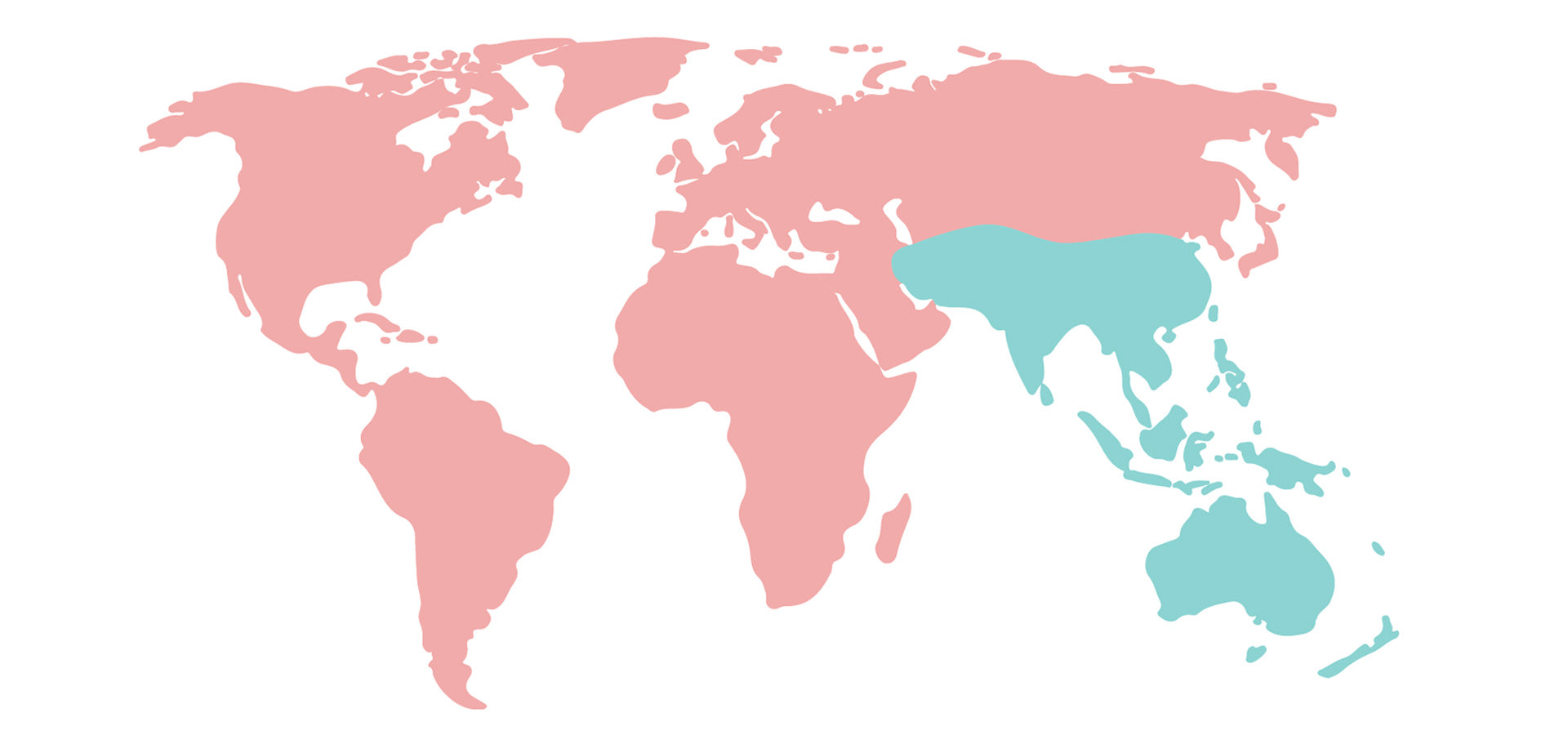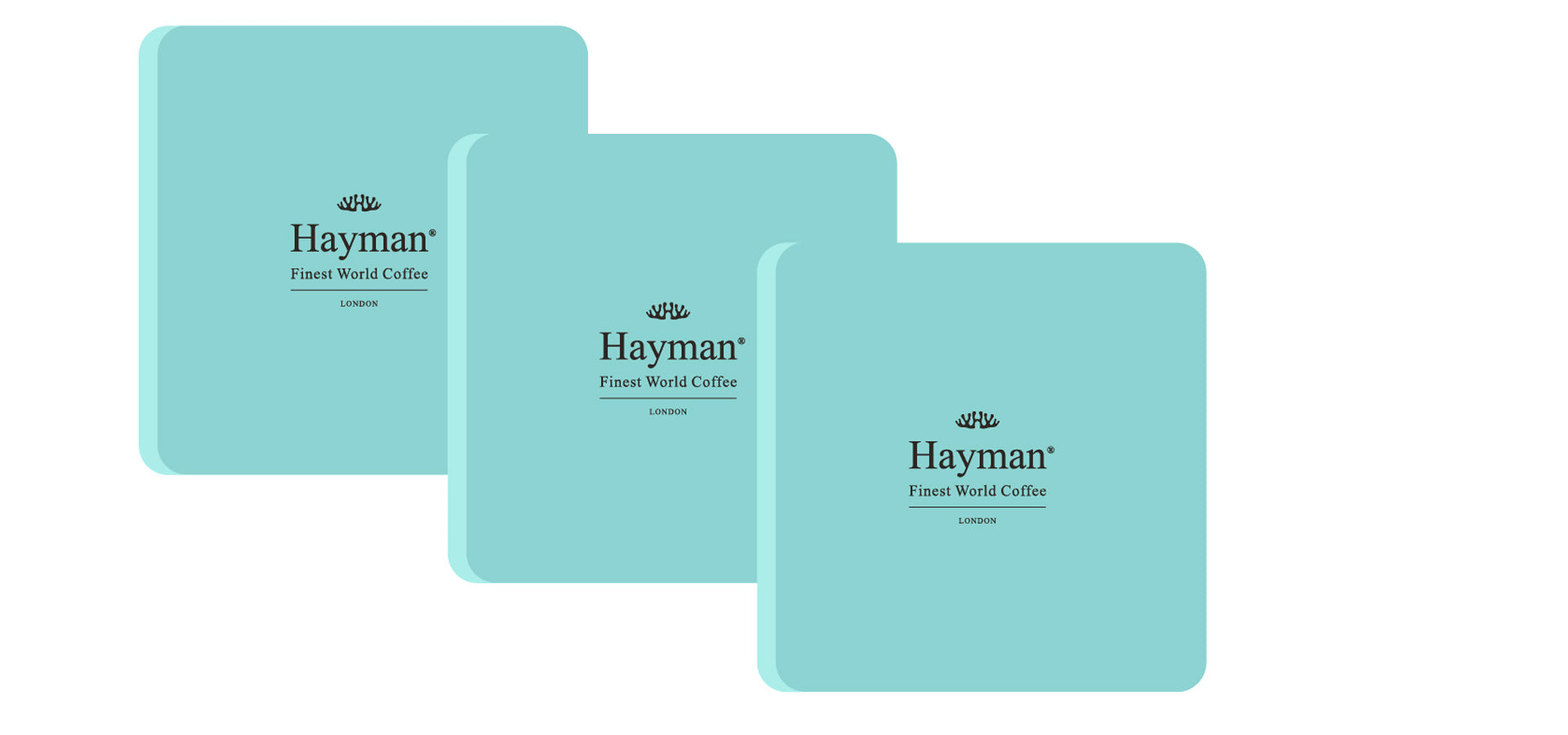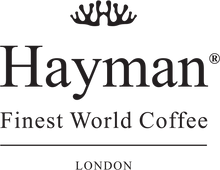Organic Coffee FAQ: What It Really Means

In this post, we’ll be taking a look at some of the most commonly asked questions on the subject of organic coffee. If you’ve been wondering what organic coffee is all about or why it’s considered a superior commodity, here are the facts you need:
Why is organic coffee better for the environment?
Organic coffee is better for the environment for a number of reasons. For one thing, the soil the coffee trees are cultivated in never comes into contact with synthetic fertilisers or additives. This eliminates the risk of dangerous chemicals finding their way into the surrounding air, water and environment in general. Given that coffee is the world’s second most heavily traded commodity, the impact of non-organic coffee farming is not to be underestimated.
How does organic coffee benefit workers?
As above, the elimination of dangerous chemicals prevents the risks associated with exposure for those working on coffee farms. In addition, organic coffee farmers who are fair trade compliant ensure every worker is paid fairly and provided with good working conditions. The same cannot be said for the vast majority of coffee mass-producers.
Are there added health benefits to organic coffee?
Research suggests that organic coffee often has a higher vitamin and antioxidant content than regular coffee. In addition, organic coffee contains absolutely no traces of the dangerous chemicals and synthetic preparations used on some generic coffee farms. You could therefore argue that organic coffee is indeed a healthier choice.
Does organic coffee naturally have a low acidity?
Contrary to popular belief, the method by which coffee is farmed has no direct impact on its acidity. Instead, it comes down to the species & varietal of the coffee produced, the altitude of where the coffee trees are cultivated, the coffee processing method (i.e. washed or natural), and so on. Organic coffee can be uniquely aromatic and flavourful, but organic cultivation doesn’t guarantee low acidity.
Should I switch to organic coffee while pregnant?
Switching to organic coffee when pregnant may be advisable, in order to avoid exposure to potentially harmful chemicals and additives. However, official guidelines regarding caffeine intake are the same for organic and non-organic coffee alike. In the UK, doctors recommend limiting daily caffeine intake to 200mg or less, which is approximately two cups. Nevertheless, there are some doctors who recommend steering clear of caffeine entirely during pregnancy.
How is organic coffee certified?
The official definition of ‘organic’ varies somewhat from one country to the next. In the United Kingdom, it is against the law to advertise products as organic that have not been officially certified. The process can take up to 24 months, during which the coffee producer must provide evidence of the following:
- The absence of artificial fertilisers and pesticides
- Maintaining soil fertility through crop rotation and other forms of conservation
- Controlling weeds and diseases using husbandry techniques
- Using as few products and substances as possible
Source: Gov.uk
Is organic coffee worth the extra money?
In a word, yes. Organic coffee is better for the environment, better for those producing it and could even be better for your health. In any case, quality organic coffee has a fragrance and flavour profile that goes beyond anything mass produced. It may be a more expensive commodity, but it is worth every penny and more.
To order our organic Jamaican Blue Mountain as green coffee beans (i.e. unroasted coffee beans / raw coffee beans for home roasting), roasted whole bean coffee, roasted ground coffee, Nespresso compatible pods*, and coffee pods compatible with Keurig K Cup coffee makers (incl. Keurig 2.0 models)**. Click here to visit Hayman’s online store – we offer free worldwide shipping!
* Nespresso® is a registered trademark of Société des Produits Nestlé S.A., unrelated to Hayman®. Our espresso pods are not created or sold by Nespresso®.
** Keurig and K-Cup are registered trademarks of Keurig Green Mountain, Inc. unrelated to Hayman®. Our pods are not created or sold by Keurig®.
